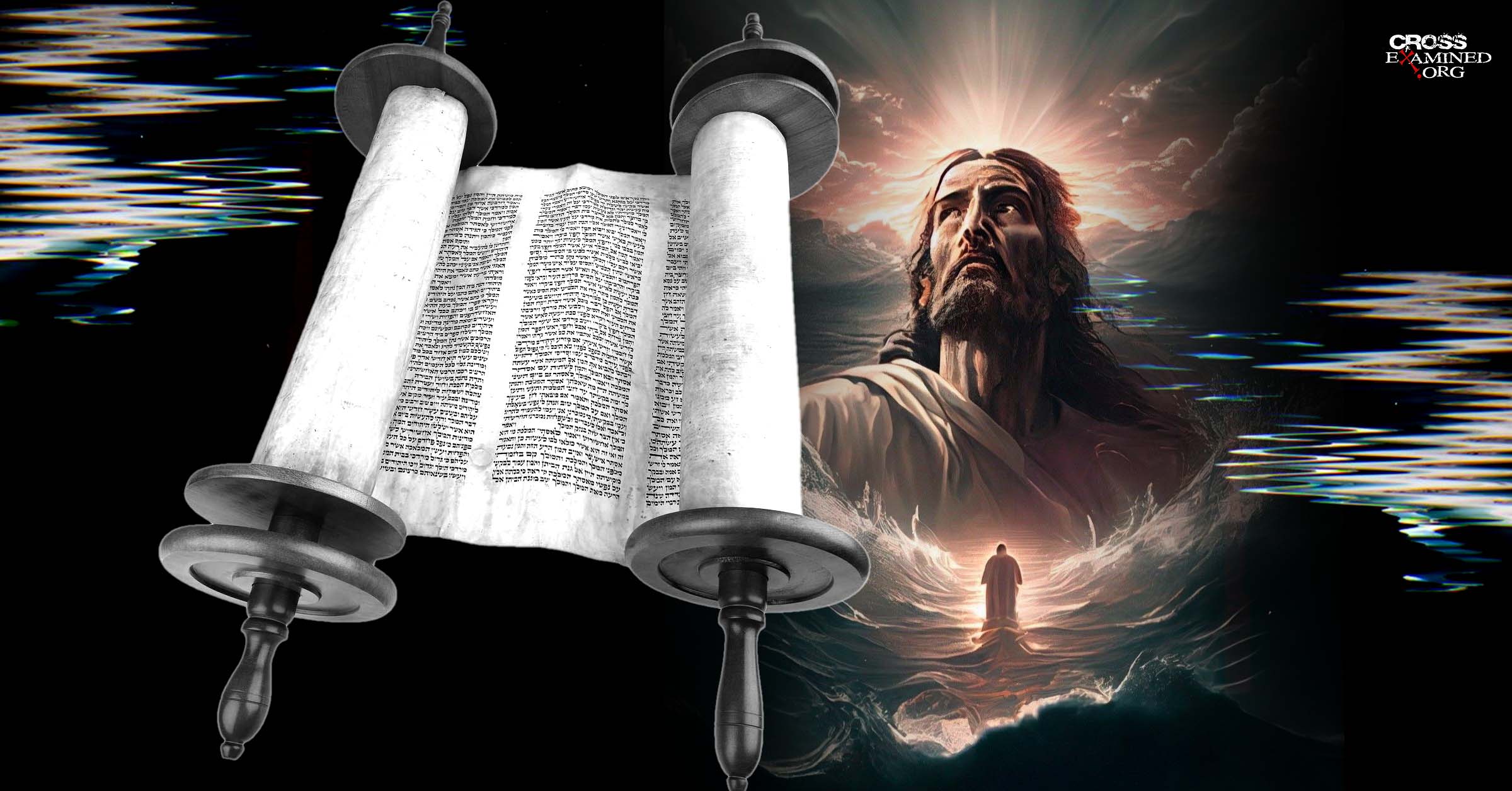Is a Perfect Being Possible?
By Al Serrato
Many atheists claim that the God described in the Bible is not possible. They raise philosophical challenges meant to show that inherent in the very nature of God are contradictions which make belief in him foolish. One such challenge I encountered went like this:
“If God was all that existed back then, what disturbed the eternal equilibrium and compelled him to create? Was he bored? Was he lonely? God is supposed to be perfect. If something is perfect, it is complete–it needs nothing else. If God is perfect, there can be no disequilibrium. There is nothing he needs, nothing he desires, and nothing he must or will do. A God who is perfect does nothing except exist. Therefore, a perfect being that creates is impossible.”
Challenges like these can be daunting, especially for someone not interested in philosophy. On its face, the challenge appears to have validity, reasoning to a conclusion about God. But in fact what is at play here is the “straw man” fallacy. The challenger sets up a God whose attributes are not those of the true God, as described in the Bible, and then argues from this mistaken depiction that the God we worship could not exist.
Notice what is implicit in the challenge: the skeptic seems to be acknowledging God as an eternal being, but his questions assume that God has no power to control time. Time becomes a force over God, and not one that God created and controls. Consider: the challenger asks “what compelled God to create?” as if God is sitting around for eons wondering what to do. He uses words like “bored,” “lonely,” “needs,” and “desires.” Each of these concepts is temporally based: “boredom” means an awareness that one’s present circumstances lack sufficient stimulation and an anticipation of changing this condition by engaging in some future activity; “lonely” means an awareness of the lack of others to help bring meaning, activity or joy into one’s life; “desires” means an awareness of something lacking and the formation of a plan to acquire that thing in the future. Each of these concepts necessarily implies a limited being, a being who lacks something necessary for fulfillment and who is seeking to remedy this lack.
With each question, the skeptic betrays that he has not grasped the attributes of the God we worship. The God of the Bible describes himself as the “I am.” In the beginning, he created “the heavens and the Earth.” Interestingly, modern science has confirmed that in the distant past there was a singularity, a point at which both matter and, more importantly for this discussion, time came into existence from absolute nothingness. Though we cannot, in our limited present circumstances, ever fully grasp all this entails, it is apparent that God, as an eternal being who created time as we experience it, is not himself limited by time. All times, as we perceive them, are in an eternal “present” to him. He was never “alone.” Composed of three persons in one being, God is in an eternal loving relationship and has no needs, fulfills all desires and lacks no stimulation. In fact, these concepts are nonsensical to such a being, examples of a category error, because each of these concepts makes sense only if viewed from the perspective of a being that is limited or controlled or defined by time.
So, to specifically answer the questions: Nothing “disturbed” the eternal equilibrium. Time was not flowing “against” God and no force can disturb him. Nothing “compelled” him to create, because a compulsion would require a source greater than God and there is no such force. God created the universe and this timeline because he chose to for reasons of love. The love he exercised was in the agape sense, love for the sake of love and with the goal of seeking the good of the one loved. He was not seeking gain, nor was he motivated by desiring something in return. God was not bored or lonely and is and always was complete. There was no disequilibrium. How that plays out in God’s perception is something, again, we could not expect to fully grasp, just as the whale, if conscious, could not know what living on land would be like, even if he understood that it involved breathing air, living in houses, and walking. In other words, our lack of detailed and specific knowledge does not prevent us from drawing conclusions from what we do know.
The challenger might respond by saying that God somehow added to his distinctiveness when he created us. He went from a “before” to an “after.” In so doing, he “changed,” and because he changed, he cannot be “perfect.” But this challenge again fails to recognize that God is not trapped by time, but instead was the creator of time. There was no “before” and “after,” as those concepts apply only to temporal beings living within the flow of time. To an eternal being, all is eternally in the present. While we, as mortal and limited beings, cannot truly understand what an eternal present would be like, we can conclude that a being not bound by the movement of time would experience all events without having to resort to memory or wait for the future to arrive. Moreover, the challenge fails to fully consider what “infinity” involves. As an infinite being, God added nothing to himself by creating, for it is not possible to “add” to infinity. This concept was fleshed out by a mathematician named David Hilbert, who asked the reader to imagine a hotel with an infinite number of rooms, all of which are filled. An infinite number of new guests arrive seeking lodging. What does the innkeeper do? Is he not “full up?” No, actually, at least not when infinity is involved. The innkeeper simply moves everyone from the room he or she is in to the room whose number is two times the original room number. By so doing, the innkeeper opens up an infinite number of new rooms – all odd numbered – for his new guests. The point is that when you are dealing with infinity, limitations simply do not exist.
In the end, though, I would submit that the challenger’s most glaring error is the claim “A God who is perfect does nothing except exist.” This would seem to reduce God to nothing more than a jellyfish – alive, perhaps, but showing few signs of it and simply existing. This seeks to reduce God’s infinite perfection to a limitation, when it is quite literally the opposite of any limitation. This attribute of infinite perfection does not constrain God, and to suggest that it leaves him essentially powerless – he simply “exists” – is, in my view, to get things precisely backwards.
I have seen this challenge in various permutations, but they almost always stem from a misunderstanding – intentional or otherwise – of the actual attributes of the God worshipped by Christians. Next time you confront something similar, it’s worth taking a moment to tease out the unspoken assumptions that are leading the skeptic astray.
Recommended resources related to the topic:
Counter Culture Christian: Is the Bible True? by Frank Turek (Mp3), (Mp4), and (DVD)
What is God Like? Look to the Heavens by Dr. Frank Turek (DVD and Mp4)
__________________________________________________________________________________________________________________________________________________
Al Serrato earned his law degree from the University of California at Berkeley in 1985. He began his career as an FBI special agent before becoming a prosecutor in California, where he worked for 33 years. An introduction to CS Lewis’ works sparked his interest in Apologetics, which he has pursued for the past three decades. He got his start writing Apologetics with J. Warner Wallace and Pleaseconvinceme.com.











